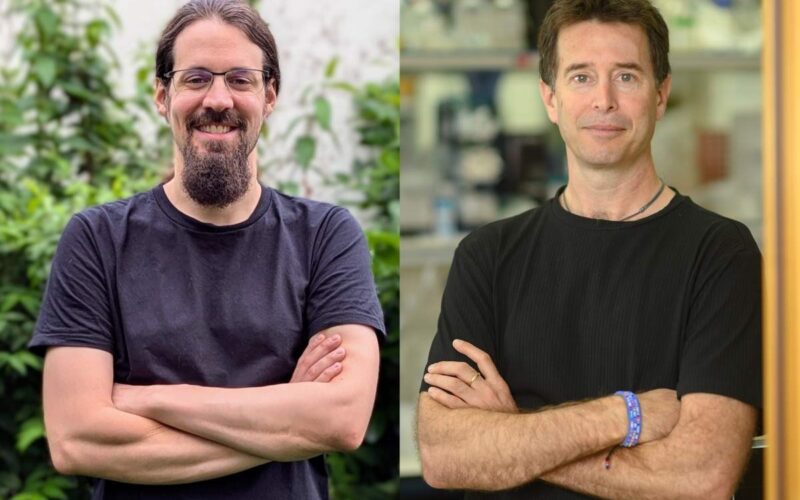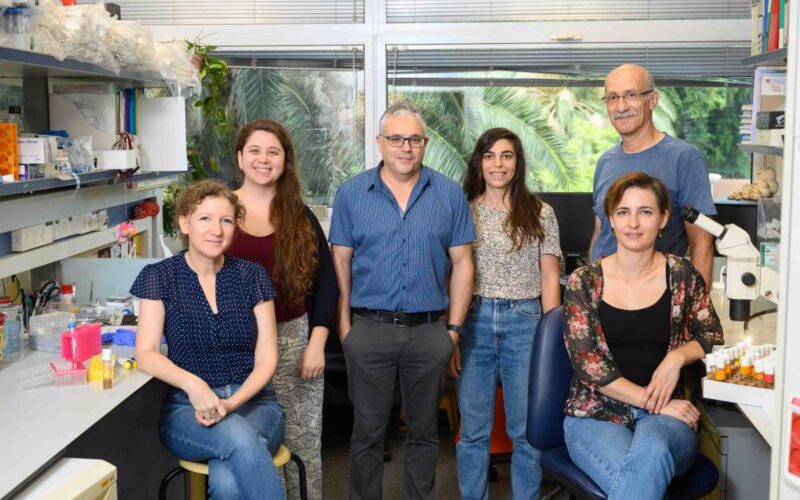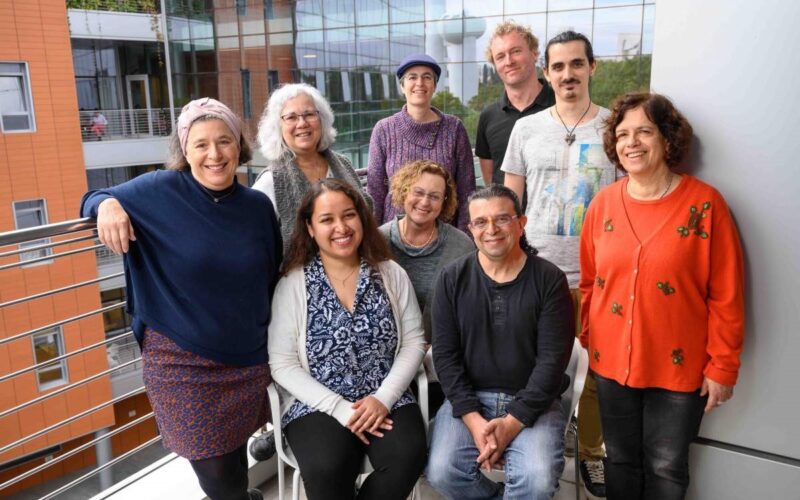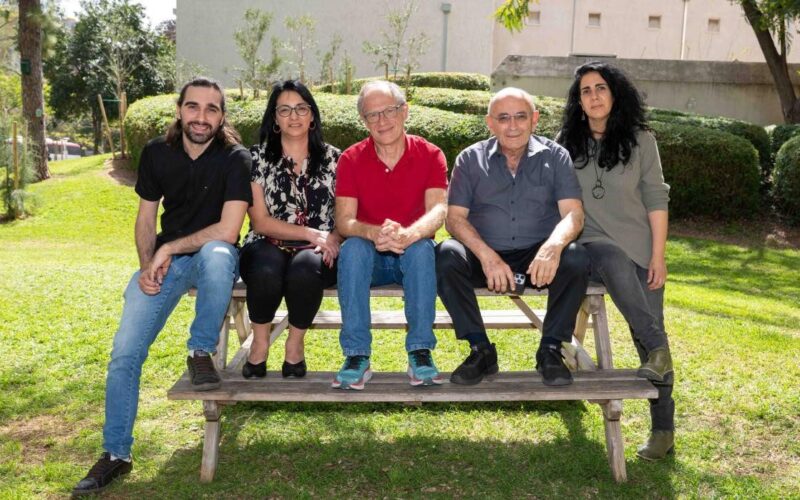
April 1, 2020
Weizmann Institute scientists have presented a mathematical model that presents a coronavirus exit strategy and a way to restart the economy after the crisis.
Think of dieting. You can fast for two months and lose weight, but you will probably die. Even if you survive, you will quickly gain weight again. Similarly, a two-month lockdown will suppress the coronavirus, but it will kill the economy.
Lockdown will push hundreds of millions of people globally into unemployment and poverty. Many sectors of the economy will collapse. At the end of each lockdown, remaining patients will cause a resurge in the epidemic, forcing another lockdown. This is the well-known yo-yo effect, with the number of coronavirus patients going up and down. At the same time, the global economy will be hit hard and hundreds of millions will go hungry. When the dust settles, more people will have died of hunger than of the coronavirus.
Based on an epidemiological model they developed, Professor Uri Alon and his graduate students Omer Karin and Yael Korem-Kohanim, with senior engineer Boaz Dudovich of Applied Materials, suggest a policy that effectively suppresses the coronavirus and also allows sustainable, albeit reduced, economic activity.
The model that the scientists developed is based on intermittent lockdown: five days of lockdown and two days of work every week. In this way, the virus replication number, that is the number of people infected by each infectious person, drops below one – the magic number that causes the epidemic to decline.
A four-day work/ten-day lockdown strategy is even better, allowing those infected at work to cease becoming infectious at home.
Alon carefully suggests that after several such cycles, the number of infected people will drop dramatically. The epidemic can be contained until sufficient testing, effective treatment or a vaccine is developed, which will remove the need for a lockdown.
Intermittent lockdown may be the only viable option for countries that can’t deploy sufficient testing in time. It allows millions to work two days a week, sustaining key economic sectors. People will hold a 40% position instead of being completely unemployed – an economic and psychological game-changer.
Fixed workdays for everyone will allow workers and managers to plan ahead and stay productive.
“Our main message is to open up the discussion on lockdown and point out that a well-designed smart lockdown strategy can suppress the epidemic and sustain the economy,” said Alon.
Tagged: Coronavirus, economy, exist srtategy, lockdown, Omer Karin, Uri Alon, Weizman, Yael Korem-Kohanim





